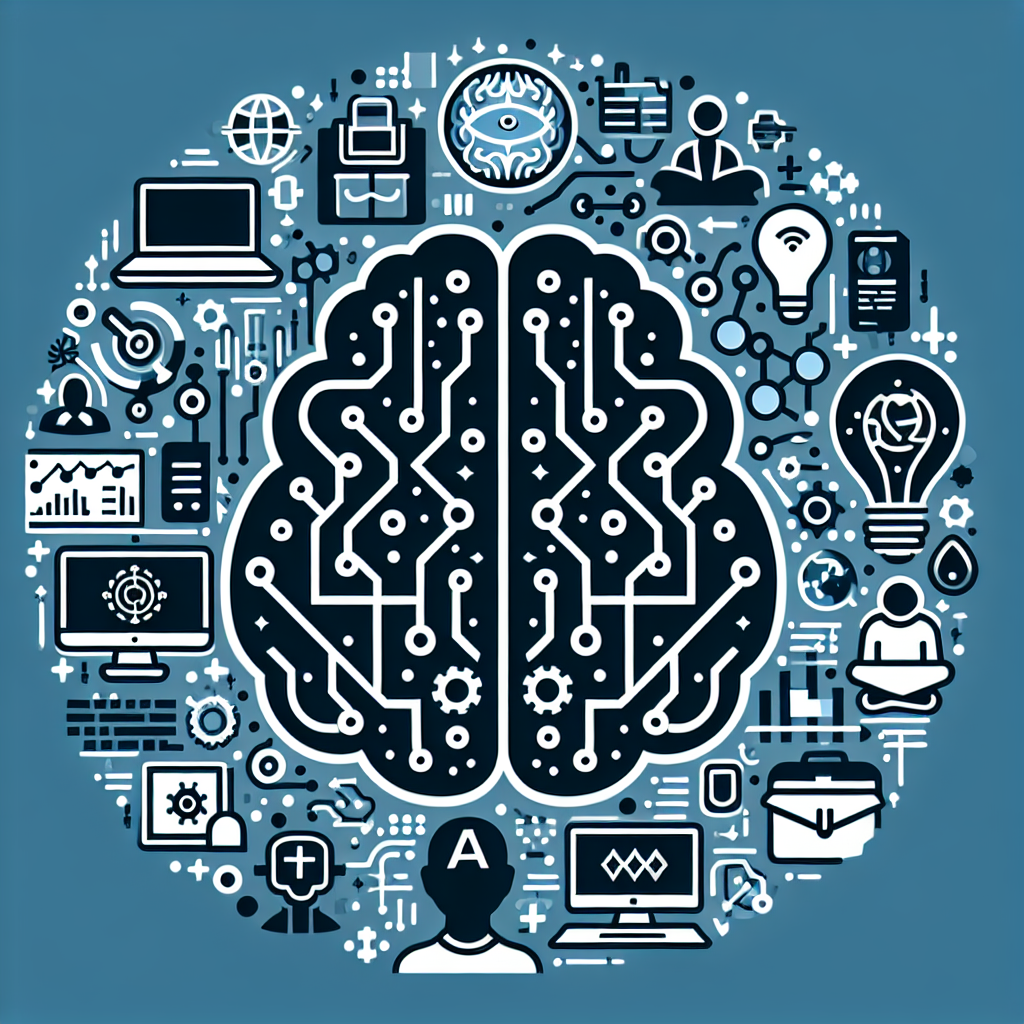In recent years, the way we work has undergone a significant transformation with the rise of remote work and collaboration tools. This shift has been further accelerated by the global pandemic, which forced many organizations to quickly adapt to a distributed work model. As a result, businesses are increasingly turning to AI-driven solutions to enhance remote work and collaboration, enabling teams to work more efficiently and effectively regardless of their physical location.
AI-driven solutions are revolutionizing the way we work by automating repetitive tasks, improving communication and collaboration, and providing valuable insights to help teams make data-driven decisions. From virtual assistants to predictive analytics, AI technology is reshaping the future of work and enabling organizations to thrive in the digital age.
One of the key advantages of AI-driven solutions for remote work is their ability to automate routine tasks, freeing up employees to focus on more strategic and creative work. Virtual assistants powered by AI can help schedule meetings, set reminders, answer common questions, and even provide personalized recommendations based on user preferences. This not only saves time and increases productivity but also reduces the risk of human error and ensures consistency in task execution.
Moreover, AI-driven solutions can enhance communication and collaboration among remote teams by providing real-time translation services, transcribing meetings, and facilitating seamless integration with collaboration tools such as Slack, Microsoft Teams, and Zoom. By leveraging AI technology, teams can overcome language barriers, improve cross-cultural communication, and foster a more inclusive and collaborative work environment.
Another key benefit of AI-driven solutions for remote work is their ability to provide valuable insights and analytics to help teams make informed decisions. By analyzing large volumes of data, AI algorithms can identify trends, patterns, and anomalies that may not be immediately apparent to human users. This enables organizations to optimize their workflows, improve performance, and drive innovation by leveraging data-driven insights.
In addition, AI-driven solutions can enhance remote work by providing personalized learning and development opportunities for employees. By analyzing individual performance data and learning preferences, AI algorithms can recommend relevant training materials, courses, and resources to help employees upskill and stay competitive in a rapidly changing job market. This not only benefits employees by enhancing their professional development but also enables organizations to build a more skilled and resilient workforce.
Overall, AI-driven solutions have the potential to revolutionize remote work and collaboration by automating routine tasks, improving communication and collaboration, providing valuable insights, and enabling personalized learning and development opportunities. As more organizations embrace remote work as a long-term strategy, AI technology will play an increasingly important role in driving productivity, efficiency, and innovation in the workplace.
FAQs:
Q: How can AI-driven solutions help improve remote work productivity?
A: AI-driven solutions can help improve remote work productivity by automating routine tasks, enhancing communication and collaboration, providing valuable insights, and enabling personalized learning and development opportunities for employees.
Q: What are some examples of AI-driven solutions for remote work?
A: Examples of AI-driven solutions for remote work include virtual assistants, real-time translation services, predictive analytics tools, and personalized learning platforms that help teams work more efficiently and effectively regardless of their physical location.
Q: How can organizations implement AI-driven solutions for remote work?
A: Organizations can implement AI-driven solutions for remote work by partnering with AI technology providers, investing in employee training and development, and integrating AI technology with existing collaboration tools and workflows to drive productivity and innovation.
Q: What are the potential challenges of implementing AI-driven solutions for remote work?
A: Some potential challenges of implementing AI-driven solutions for remote work include data privacy and security concerns, employee resistance to change, and the need for ongoing training and support to ensure successful adoption and integration of AI technology in the workplace.

